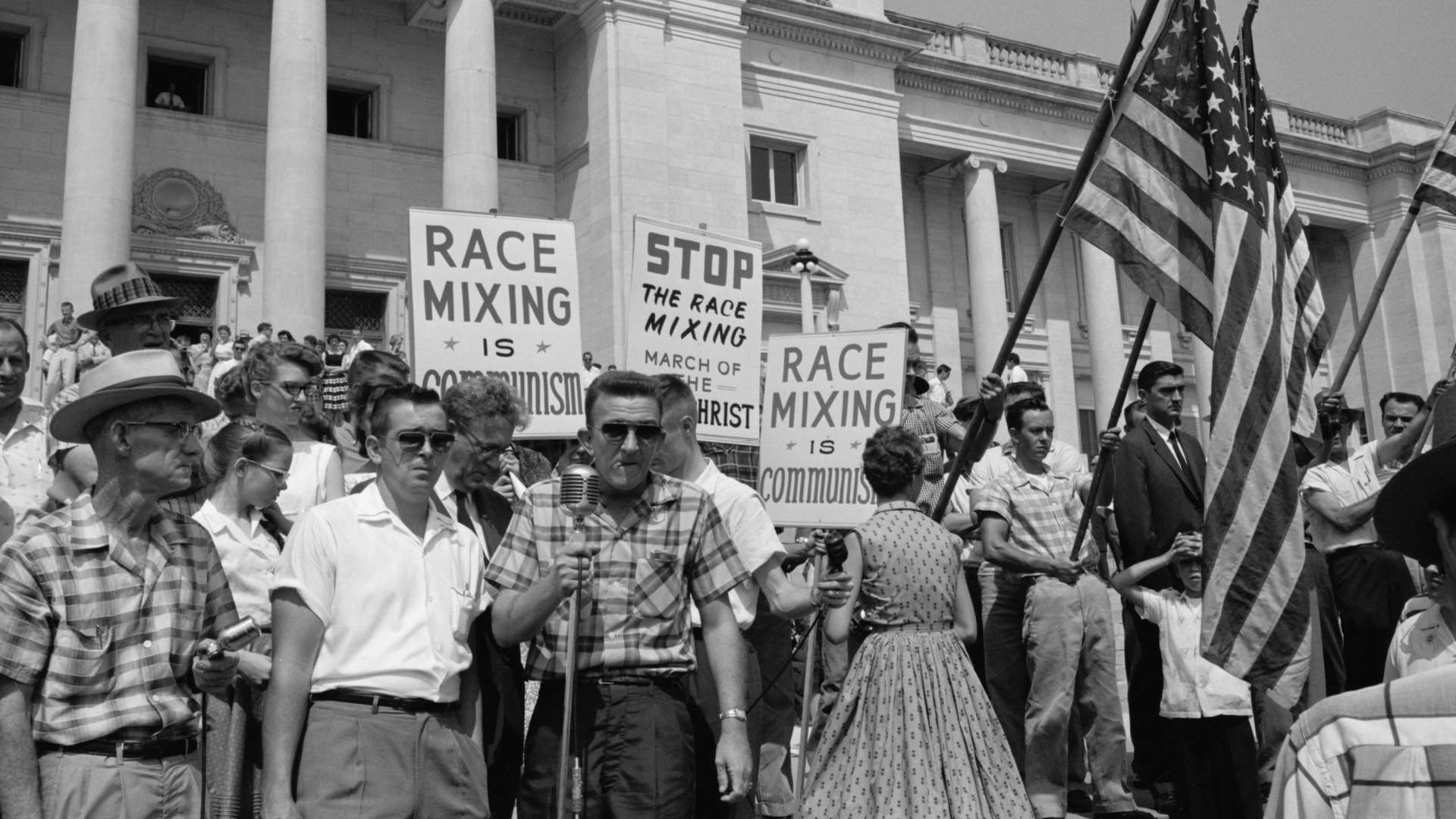I Am Not Your Negro
A compelling documentary about the history of race relations in the United States.
Overview
If justice and equality were concepts that truly applied to everyone, I Am Not Your Negro wouldn't need to exist. In fact, it wouldn't be able to. Author and social critic James Baldwin wouldn't have lived through the murders of three of his high-profile friends, civil rights leaders Medgar Evers, Malcolm X and Martin Luther King, Jr. A decade later, he wouldn't have felt compelled to put his fingers to the typewriter to capture his experiences of America, intending to write a manuscript but only jotting down 30 pages of notes. He wouldn't have been shaped by standing out in a white man's world, and spent his life rallying against it. The list goes on, and the answer remains the same: none of this would've had to happen.
Alas, as filmmaker Raoul Peck so powerfully and passionately conveys in his documentary, that was not Baldwin's reality — or ours now. And, as I Am Not Your Negro also makes plain, the difference between the past that Baldwin lived through and our present is virtually non-existent. With Samuel L. Jackson's solemn, patient tones reading the essayist's probing words, the movie steps through the complicated state of American race relations. The deaths of Baldwin's friends provide the framework for not only a picture of history drawn from Baldwin's observations, but of a struggle that still continues.
Indeed, when talk show host Dick Cavett asks Baldwin, "is it at once getting much better and still hopeless?" in a clip from 1968, it couldn't feel more relevant now. In a film driven by eloquent statements of harsh facts, such comments keep on coming. "The truth is that this country does not know what to do with its black population," is just one telling utterance of many. Every line feels like a lament and a curse, the former spoken with sadness for humanity's true nature, the latter evidenced by the lack of progress to this day.
And yet, I Am Not Your Negro isn't a lecture, as informative as its contents are. Baldwin's writings might dictate the movie's shape and structure, but this is a documentary driven as much by images as words. Peck demonstrates the reality of Baldwin's remarks through a deftly edited array of footage, pairing voiceover with historical photographs, benefiting from archival clips of spirited speeches, and weaving in appropriate snippets from movies that deal with race both overtly and implicitly. Glimpses of King, Evers and X understandably hit home hard, though so do modern parallels and pictures of recent police shooting victims. Indeed, the entire feature lands with the full force that its harrowing, heartbreaking material demands — in sharp contrast to the elegant and poetic way it has been pieced together.
Any frame could sit in a history text, and many do. However, as a blend of sights and insights, I Am Not Your Negro could hardly offer a more urgent, perceptive or illuminating viewing experience. With the wisdom of someone who lived, lost, struggled, strived for change and saw others struck down in the process, Baldwin understood that knowing something to be true and facing it aren't one and the same, and that America's history of racial trouble is as built on well-meaning folks failing to act as it is by open violence and hatred. The question that Peck and his film ask is whether the audience can understand that too. Once again, Baldwin says it best: "we are cruelly trapped between what we would like to be and what we actually are."





